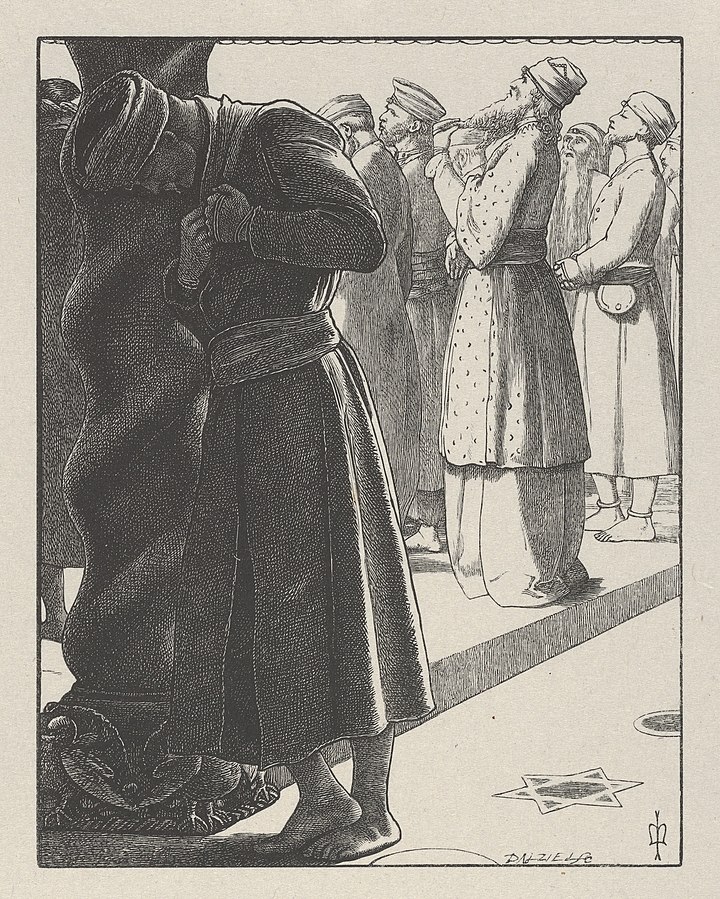A reflection for All Saints’ Day
On bad days, I still can believe. . .
That convenience is an intrinsic good
That inconvenience is an intrinsic evil
That ease and comfort are the ends of life and the means to heaven
That eating, exercise and entertainment could be all-fulfilling
That earthly success reflects spiritual merit
That he who dies with the most toys wins
That hell is empty (and neither I nor anyone I know will change that)
That, really, Martha had the better part
That her sister Mary Magdalene got the easier deal
That what I do is more important than what I am
That when Jesus said “My kingdom is not of this world,” He was kidding
That because He was kidding, we can make everything in this world perfect
That bourgeois suburban values are deeply Catholic
That self-giving is for others
That more money would make me happier
That more fame and recognition would make me happier
That more power and influence would make me happier
That a hidden life is a failed life
That intellectuals know more about reality than shopkeepers, landscapers, construction workers, and plumbers
That truth, beauty and goodness are nice words but impossible to know
That I can win the lottery without buying a lottery ticket
That a college education is the key to salvation

That my soul is in great shape
That I have suffered great trials, tribulations and crosses
That venial sins don’t matter
That Satan is a fiction
That spiritual combat was just for earlier centuries
That something on my iPhone is worth missing a moment of prayer
That air conditioning is a per se, unqualified good
That technological progress is salvific
(actually, I never believe that)
That all religions are equally true
That no religion is worth dying for
That there could possibly be something more interesting than what goes on at the altar at Mass
That God is always nice
That nice people must be good
That the saints were all nice
That more autonomy for a person is always good
That autonomy is real freedom
That advertisements might have something to say about freedom and happiness
That not getting my right of way in traffic is someone else’s sin
That not getting my way is someone else’s sin
That there are no other sins
That individual parts are always better than the whole
That the whole is always better than the parts
That God is more immanent than transcendent
That God is not immanent at all
That I can read my way to holiness
That I can worry my way to holiness
That the gates of hell might prevail
That winning the argument is the most important thing
That I know everything worth knowing, or can find it with Google
That my ways and thoughts are God’s ways and thoughts (especially if fact-checked by Google)
That the appearances of people are their full reality
That I’ve done great good in my life, on my own
That the wrong I’ve done is someone else’s fault
That my disappointments are not gifts
That the world did not exist before I did
That the world really needs to hear my opinions
That Christ didn’t really mean that the rich young man should sell everything
But on good days, which are more and more frequent as conversion proceeds and crowds out the bad days, I don’t believe any of those things. I begin to see how the Beatitudes shine through, as they did for all whom we celebrate today in the litany of saints and those unnamed who join them. And, if you haven’t seen it, the Sisters of Life have an excellent antidote to the litany of failure above.















